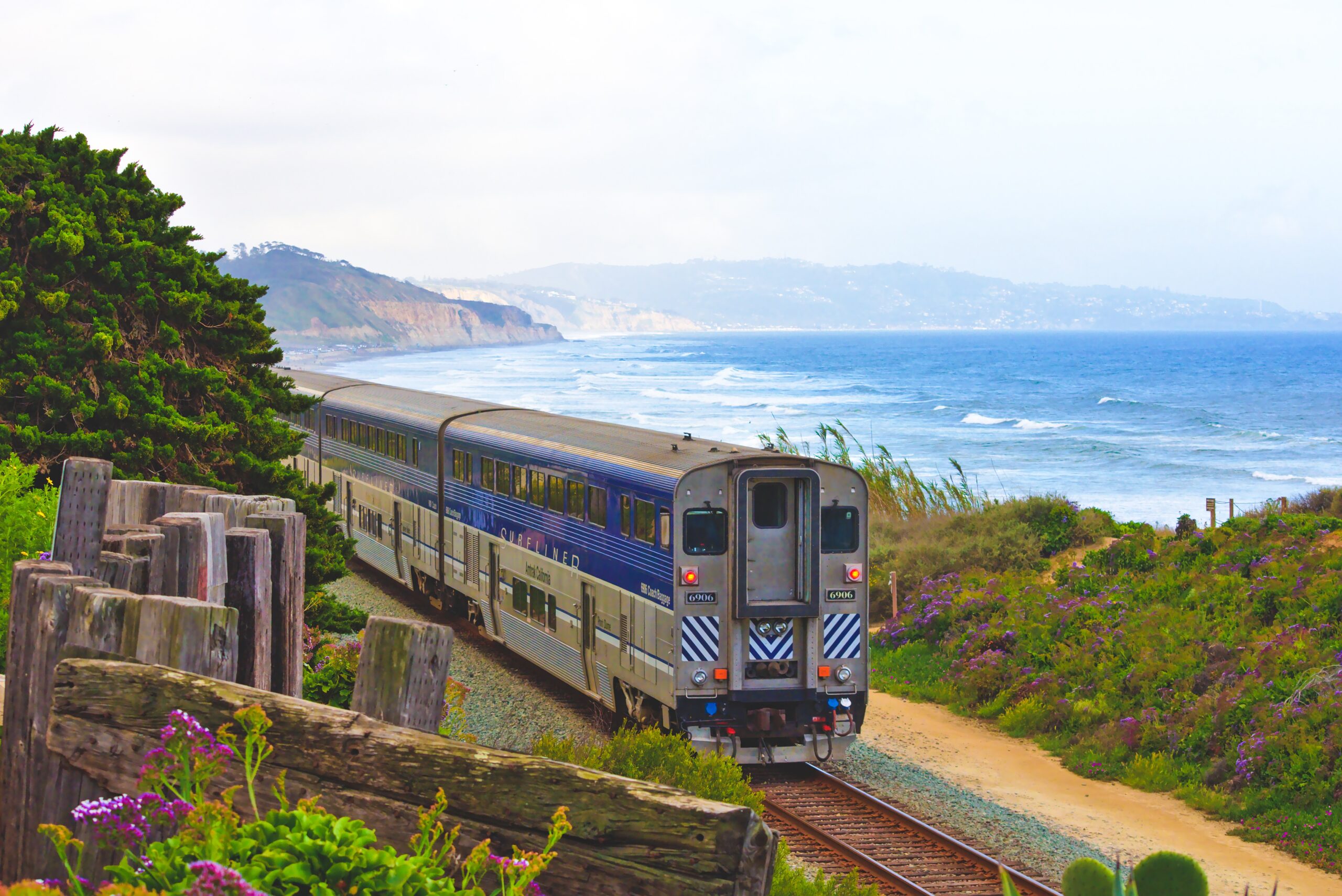Amtrak wants you to buy travel insurance, even if it’s not in your best interest.
You pick your fare, decline to bring your Scottish Terrier, fill in your credit card details and hit “continue,” with a breeziness that makes you feel like you’re already hurtling down the Northeast Corridor towards Manhattan.
Only you can’t continue. You didn’t get travel insurance. This won’t do, and no fewer than one expert, one national railroad corporation, one global insurance behemoth and 19,000 fellow passengers are raising their voices, urging you to insure your trip.
Should you? Amtrak thinks so, and it’s using every psychological scheme and persuasive ploy to get you to say “yes,” even if you ought to say “no.” As policymakers, should we be worried?
In 2015, Richard Thaler, the Nobel Prize winning economist, wrote in The New York Times about his own experience being “nudged” into buying travel insurance. Nudges, he writes, can be good or bad. Bad nudges lead you astray. Good nudges don’t: they’re transparent, easy to opt out of, and always in your best interest.
Amtrak, it turns out, has been nudging me all this time, but not in a good way. Consider my situation. I’m buying a one-way ticket from Boston to New York. I have no out-of-pocket expenses to cover, no suitcase to lose, no passport to leave in cab, just a $49 ticket, a few worn shirts and a crumpled-up granola bar. For these bits and bobs, Amtrak suggests I play it safe and pay $17 for travel insurance.
It then trots out two principles of influence made famous by Robert Cialdini, author of “Influence: Science and Practice.” First, Amtrak taps the power of authority, citing a May 2017 article by Frommer’s saying it’s “wise to always consider a travel insurance plan.”
Fair enough. But then Amtrak plays on my sense of conformity, what Cialdini calls “social proof.” Amtrak boasts of 19,000 customers protecting their trip in the past week. But while 19,000 seems like a big number, it’s only 3 percent of Amtrak’s weekly riders, which means 600,000 passengers opted not to protect their trip. Hardly transparent.
Still, I’d drop my case if $17 were value for money. Unfortunately, for anyone save the most white-knuckled traveller, insuring a short domestic trip just doesn’t make sense. Frommer’s itself says travel insurance should cost 3 to 8 per cent of your trip price. At $17 on a $49 fare, Amtrak is charging a whopping 35 percent.
If this weren’t enough, Amtrak forces you to actively check a box for yes or no. In public policy, this is known as “required choice,” and is commonly associated with driver licenses and organ donation. For Amtrak, it’s a handy wrench in the persuasive toolbox. Choose yes and – “Congratulations!” – your trip is secure. Choose no and you acknowledge that “I choose not to protect my purchase.” It’s another of Cialdini’s principles (commitment) and it’s subtly nudging you from no to yes.
On the Thaler scale, then, I’d score Amtrak one out of three: Opting out is easy enough, but Amtrak loses marks on transparency and not acting in my best interest.
At this point I should be clear: While I believe Amtrak can do better by its customers, plenty of businesses do worse. From insurers to airlines, these kinds of crooked nudges have become widespread – so widespread, in fact, that they’ve earned their own nickname: sludge. For policymakers, the question is what, if anything, to do about it.
Some nudges certainly warrant an investigation. The Competition and Markets Authority in the United Kingdom, for instance, recently censured the major hotel booking sites (think Expedia or Booking.com). The charge? Using false impressions of room availability to pressure customers into making bookings (to name just one).
In most cases, however, the answer is probably to do nothing. It’s one thing to pass laws against unfair and deceptive business practices; it’s another to enforce them. Ultimately, every bank, bakery, and bodega has to set its own standards of ethical conduct. We have to trust businesses to do the right thing – and we have to trust customers to take their business elsewhere when they don’t.
Which brings us back to Amtrak. As a society, we get to choose our own ethics of influence. We get to choose between right and wrong, between nudge and sludge. Like any business, Amtrak ought to follow these standards. But as a public business, it ought to rise above them. It’s up to our public leaders to raise the standards of our social conduct. And it’s up to Amtrak to rise to the challenge.
Edited by Matt McCalpin
Photo by Hari Panicker on Unsplash
